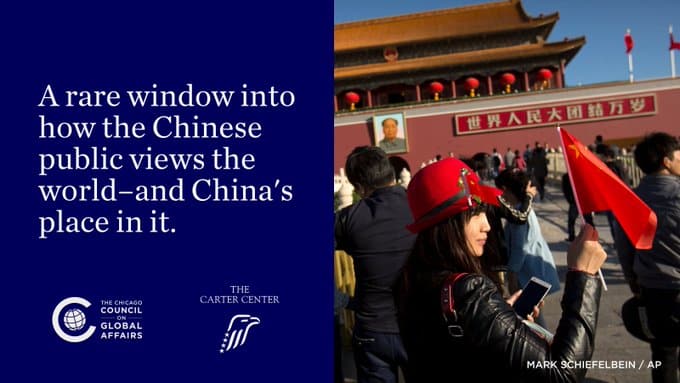China’s Wanda Group Taking Over Hollywood: Profit or Propaganda?
In an announcement that surprised few, China’s Dalian Wanda Group acquired Dick Clark Productions Inc. for $1 billion on November 4th, the company that runs the Golden Globe Awards and the “Miss America” pageant. The Wanda Group is a Chinese multinational conglomerate that includes Wanda Commercial Properties, “the world’s largest real estate enterprise,” among many other subsidiaries. Its founder and chairman, Wang Jianlin, has an estimated net worth of $32 billion, making him the richest man in China. Adding to past acquisitions of AMC Theaters and Legendary Entertainment, the purchase of Dick Clark Productions is another major coup for Wang, who has next set his sights on owning one of the six major Hollywood film studios.
According to Wang, these acquisitions are mutually beneficial — case in point: AMC Theaters’ stock price “has risen 64 percent since Wanda bought it for $2.6 billion in 2012.” Meanwhile, China’s box office takings are “predicted to match the US and Canada by 2018 – and to grow by around 15% each year for the next decade.” Wang hopes to incorporate more Chinese elements into the United States’ entertainment industry as he maintains that to succeed in the Chinese market, film producers must not “disregard Chinese tastes.” Great Wall, an upcoming film by Legendary Entertainment, in partnership with Universal, stars Matt Damon and renowned Chinese actor Andy Lau. It will be the “first major Hollywood film, aimed at a global audience, to be set, filmed and produced in China.”
Furthermore, in conjunction with the Qingdao municipal government, Wanda has pushed forward an incentive program that subsidizes foreign TV and movie production companies provided that they carry out their productions in its “new $5 billion studio complex” in Qingdao. Each film or television production will be allotted a rebate of no more than $18 million, and the “total amount available to disperse will be $150 million annually.” Interestingly, rebate productions have been given three classifications, one of which requires “Chinese cultural, elements, Chinese actors and Chinese investors.”
Wang’s acquisitions, however, have led to push-back from Congress, with several members of the House urging the Obama administration to “review whether the Chinese acquisitions in Hollywood should be subject to the same scrutiny used to assess sales related to national security.” Politicians are concerned about China’s growing influence in entertainment and view these acquisitions as the Chinese hijacking American entertainment outlets to spread propaganda and “wield cultural influence over the way China is portrayed” on movie screens.
Though Wang has done his best to deny any political agenda behind his business strategy, such skepticism is not completely unfounded especially given the new film law the Chinese government has recently passed, which will carefully screen and censor film content on political grounds. According to the law, any content that is “deemed harmful to the ‘dignity, honor and interests’ of the country” will be banned. It also encourages the promotion of “socialist core values.” The National People’s Congress Standing Committee has already voiced its approval. The implications for Hollywood remain unknown, but it does little to quell the worries of those who fear Chinese cultural elements will dominate American television and cinema.
Written by: Adrian Lo








